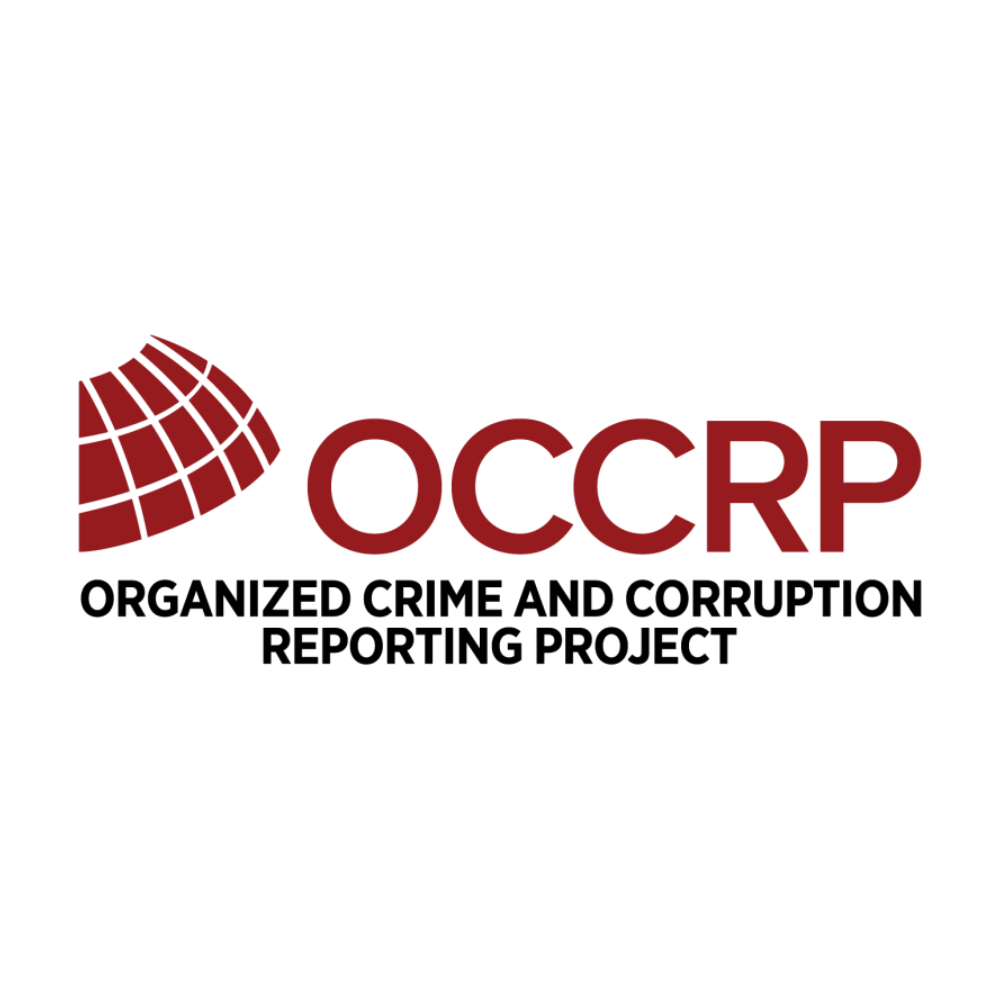
In previous posts, we discussed the importance of adverse news in due diligence processes, as well as in the internal procedures of obligated entities. Therefore, today we are going to analyze OCCRP — Organized Crime and Corruption Reporting Project — and the impact their investigations have generated.
Continue reading “OCCRP and the fight against organised crime”








